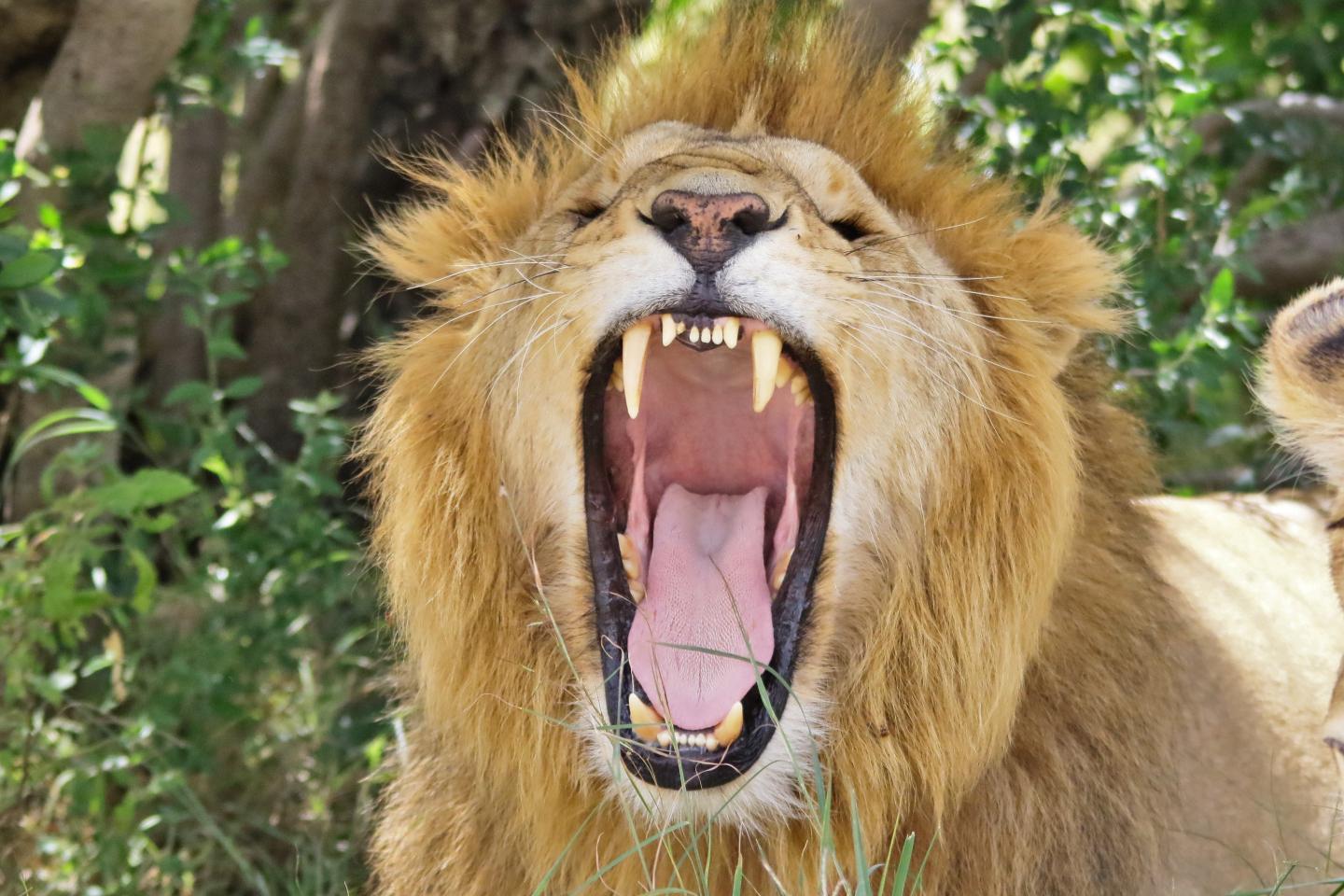
Credit: Martin Odino
Maasai farmers do not kill lions for retribution whenever they lose sheep or cattle, new research shows.
It is widely believed that Maasai farmers kill lions after losing livestock – even if lions are not involved – but the study shows this is not the case.
Instead, researchers from the University of Exeter and the International Livestock Research Institute in Nairobi found that lion killing only increases when lions are thought to have killed livestock.
If livestock are lost to other predators, theft, drought or disease, lion killing does not increase.
Lion killing – a criminal act in Kenya that is famously part of traditional Maasai culture – is less common now than in the past, but its causes remain controversial.
“In the drylands of southern Kenya, Maasai farmers are in direct conflict with carnivores that kill their livestock,” said lead author Enoch Ontiri.
“We surveyed 213 focus groups of Maasai farmers, from three geographic regions, to test theories about the retaliatory nature of lion killing.
“We found that the probability of lion killing increases when lions are identified as culprits of livestock death, but not when leopard, cheetah, hyena, dog or jackal are identified.
“These results should change the common belief that lion killing is a retributive act caused by general loss of livestock – it is a retaliatory act against the loss of livestock to lions.”
The survey of Maasai communities also showed there is universal agreement that humans and lions should coexist in Kenya.
The researchers hope their evidence will help shape the governance and mitigation of human-wildlife conflict in Kenya and beyond.
“The relationship between people and wildlife is changing rapidly in Kenya,” said author Professor Dave Hodgson, Director of the Centre for Ecology and Conservation at the University of Exeter.
“Lion killing is part of traditional Maasai culture but in recent years we have seen this change from an indiscriminate act that signals passage into manhood, to a direct response to the loss of livestock.
“Our study makes it very clear that lion killing is provoked only by the loss of livestock to lions.
“We believe that better protection of livestock from predators is the solution to this important source of human-wildlife conflict.”
The paper forms part of Enoch Ontiri’s PhD, which is funded by the Ivan Bond Scholarship.
The research is also supported by Wildlife Direct, the British Ecological Society and National Geographic’s Big Cats Initiative.
The paper, published in the journal People and Nature, is entitled: “Maasai pastoralists kill lions in retaliation for depredation of livestock by lions.”
###
Media Contact
Duncan Sandes
[email protected]
Related Journal Article
http://dx.




